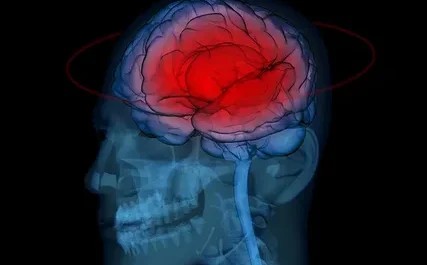A recent study conducted by researchers at the Karolinska Institutet in Sweden has shed light on how immune cells in the liver respond to elevated levels of cholesterol by consuming excess cholesterol that could potentially lead to arterial damage. The study, which was published in Nature Cardiovascular Research, indicates that the immune response to the initiation of atherosclerosis originates in the liver.
Cholesterol plays a crucial role in various bodily functions, such as hormone production and cell membrane formation. However, excessive cholesterol in the bloodstream can be detrimental, as it has the potential to adhere to arterial walls and form plaques that restrict or block blood flow. This process contributes to atherosclerotic cardiovascular disease, a major factor underlying heart attacks, strokes, and a leading cause of global mortality.
In the investigation, researchers sought to understand how different body tissues react to heightened levels of low-density lipoprotein (LDL) – commonly referred to as “bad” cholesterol – in the bloodstream. To investigate this, they engineered a system to rapidly elevate cholesterol levels in mice.
Lead author of the study, Stephen Malin, from the Department of Medicine, Solna at the Karolinska Institutet, explained, “Essentially, we wanted to detonate a cholesterol bomb and see what happened next.” The study revealed an immediate response from the liver, which actively eliminated some of the excess cholesterol. Surprisingly, it was not the typical liver cells but a specific type of immune cell known as Kupffer cells that took action. These cells are recognized for their ability to identify and ingest foreign or harmful substances. Furthermore, the findings observed in mice were validated through human tissue samples.
Malin expressed astonishment at the liver’s quick response to excess cholesterol and the key role played by Kupffer cells in this process. These results emphasize the liver’s immune system as a vital player in regulating cholesterol levels, implying that atherosclerosis affects various organs in addition to just the arteries.
The research team aims to leverage their understanding of how the liver and other tissues communicate following exposure to high cholesterol levels. By doing so, they hope to develop novel approaches to prevent or treat cardiovascular and liver diseases more effectively.
Malin stated, “Our next step is to investigate how different organs react to excess cholesterol and their interactions with the liver and blood vessels in the context of atherosclerosis.” This comprehensive approach could pave the way for holistic strategies to combat this prevalent and life-threatening disease effectively.
*Note:
1. Source: Coherent Market Insights, Public sources, Desk research
2. We have leveraged AI tools to mine information and compile it



